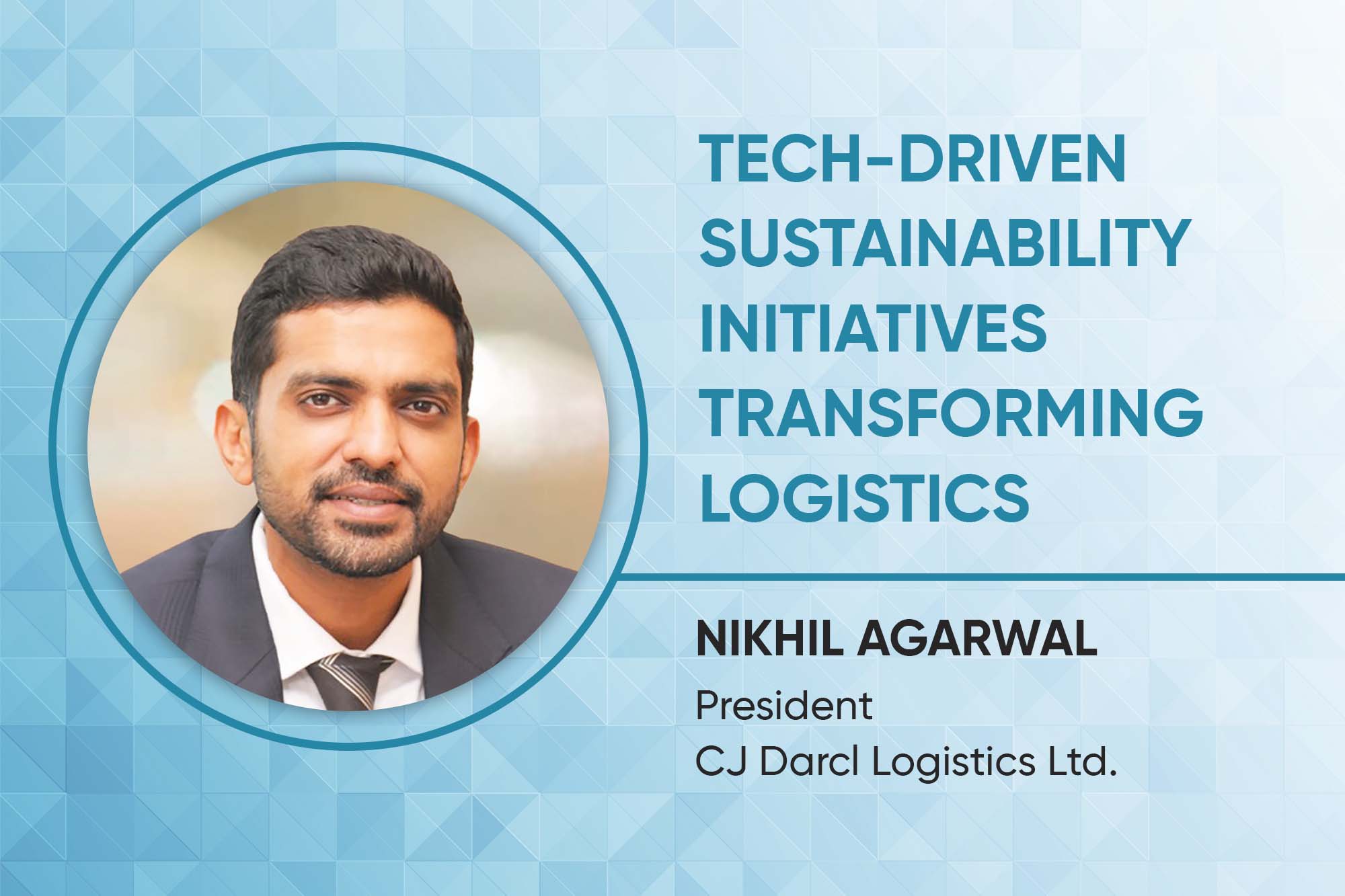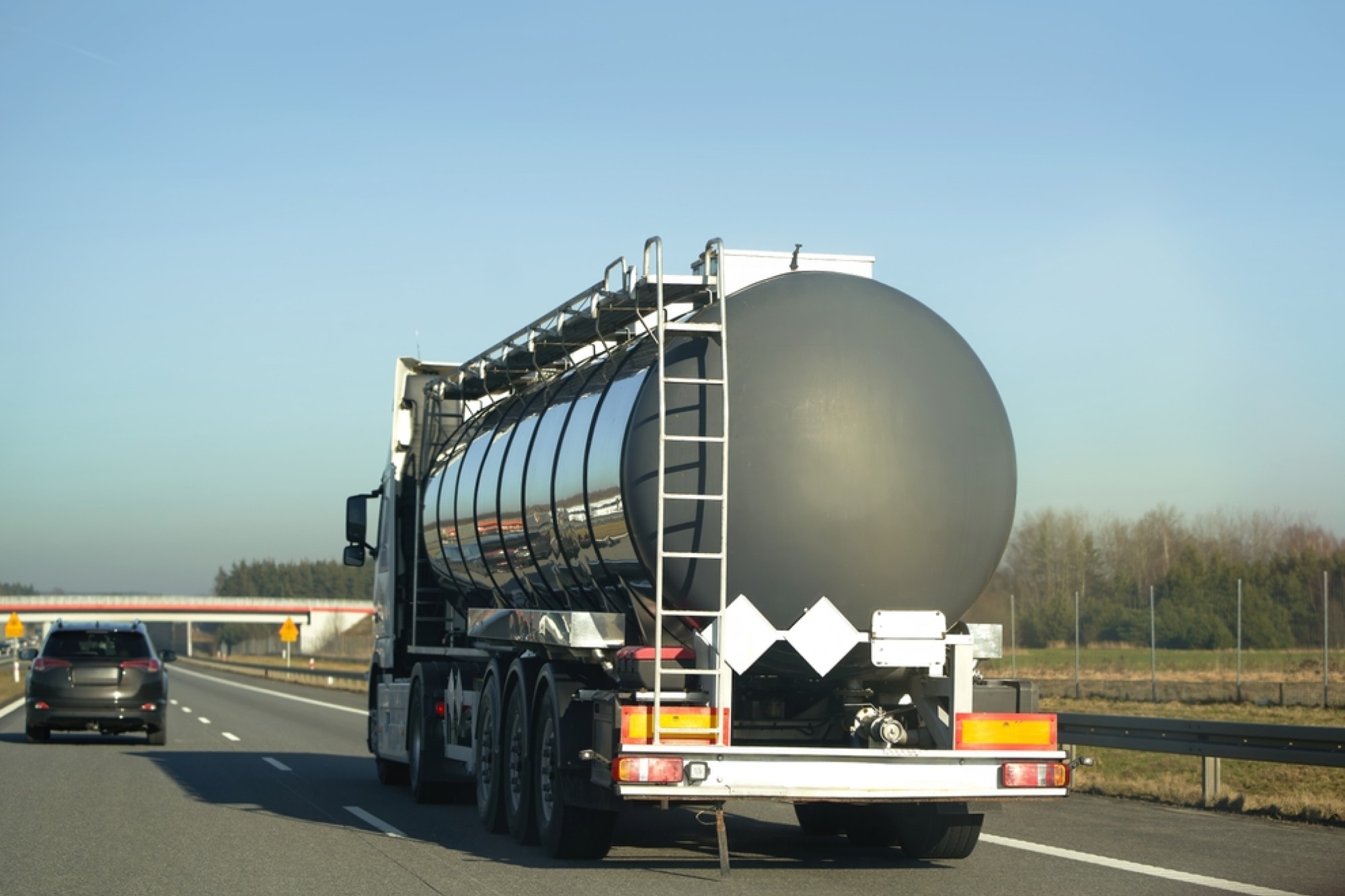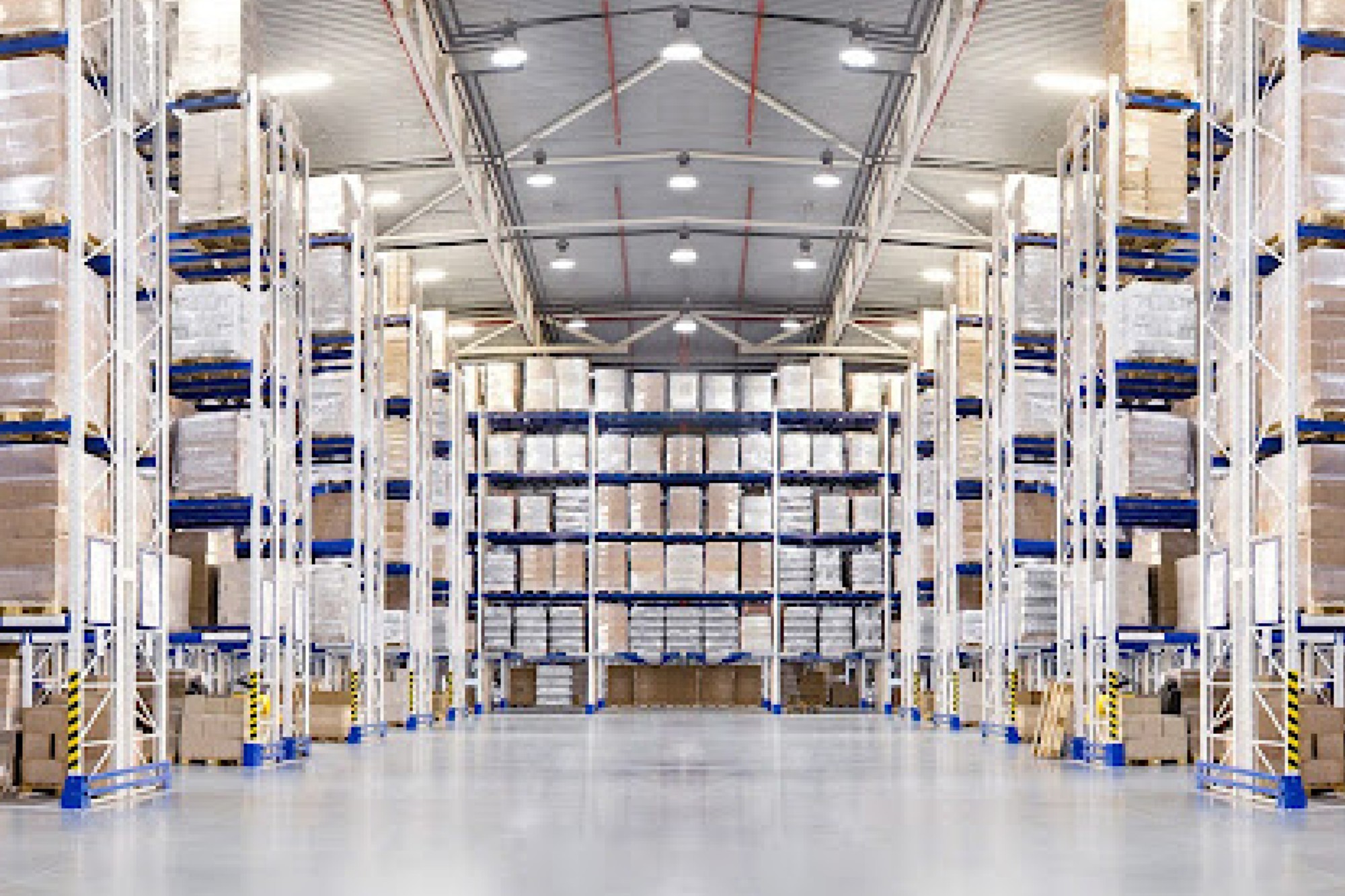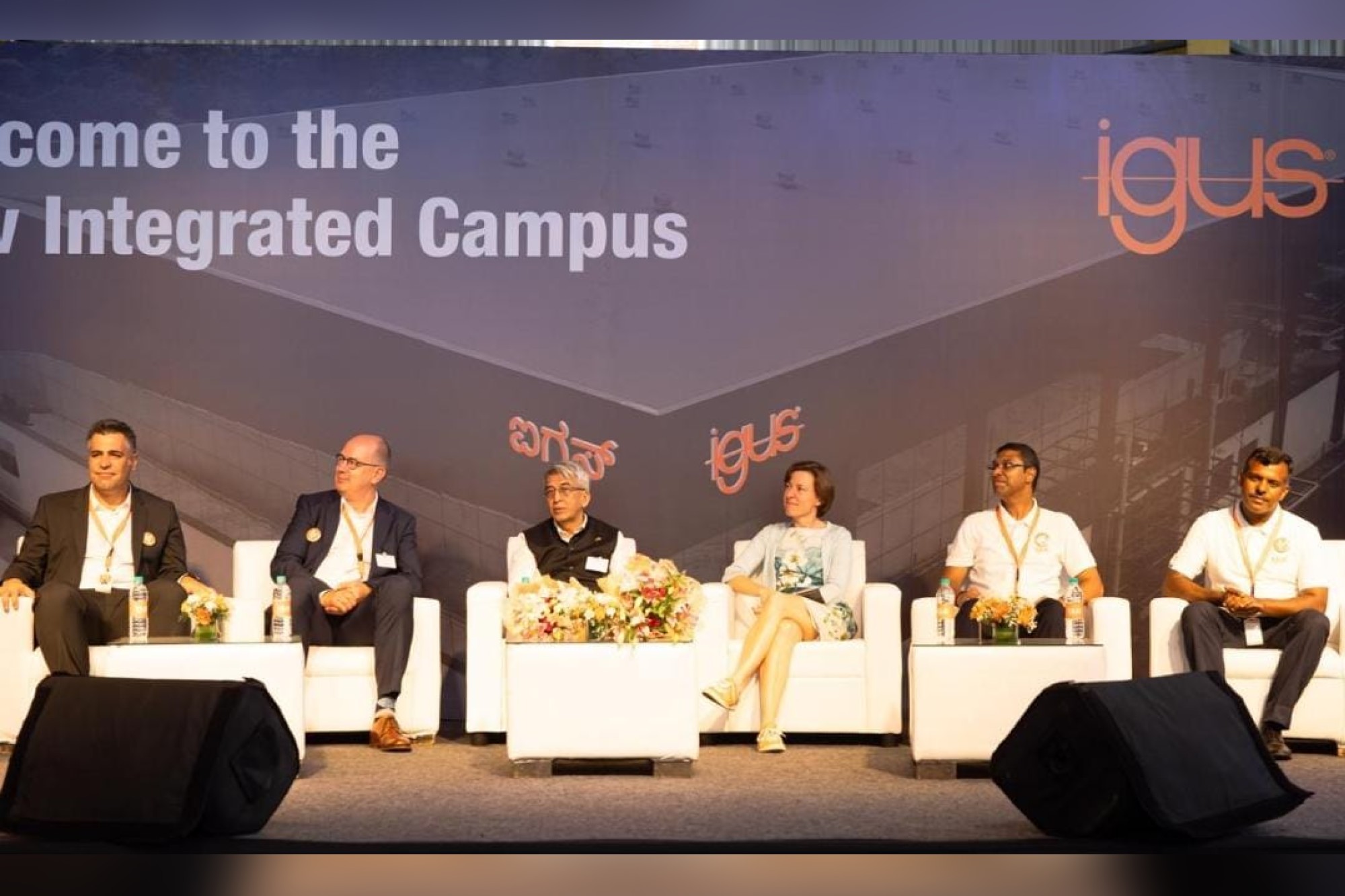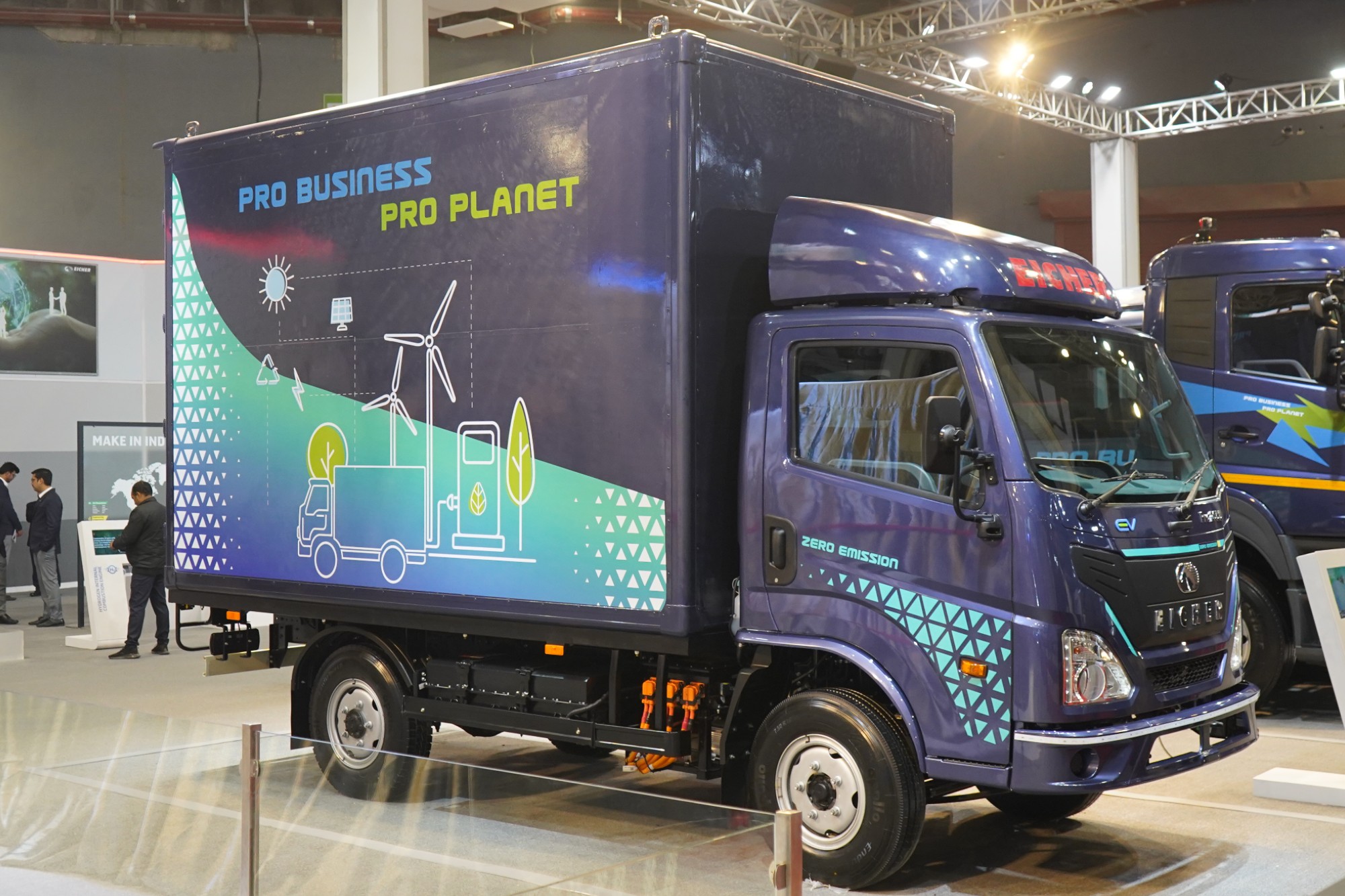Tech-driven sustainability transforming logistics with green
By OEM Update Editorial July 1, 2024 12:40 pm IST
According to Nikhil Agarwal, President of CJ Darcl Logistics, the company is spearheading the integration of electric vehicles (EVs) into short-haul deliveries, aligning with India’s vision for a greener tomorrow. This initiative aims to reduce carbon emissions and enhance sustainability in the logistics industry.
How does the Indian logistics sector contribute to the nation’s economy, and what factors drive its importance?
The Indian logistics sector is a vital component of the nation’s economy, contributing around 13-14 percent to the GDP and serving as the backbone of commerce. It ensures the smooth movement of goods through procurement, storage, transportation, and distribution. It is essential in India and worldwide, as business operations cannot proceed without it. The key reasons for its importance include its economic contribution, infrastructure development, and employment generation, providing millions of jobs ranging from warehouse workers to truck drivers and administrative staff.
Recent technological advancements, such as intralogistics, automation in warehouse operations, and transport management, have driven significant growth in the sector. Implementing GST, infrastructure development, and technologies like RFID, GPS, and the E-way bill have improved the standing in the World Bank’s Logistics Performance Index (LPI). These advancements enable efficient tracking of goods, reduce theft, and streamline electronic documentation, reducing errors and saving time.
Furthermore, the increasing demand for green logistics has led the Indian logistics sector to adopt more sustainable practices. Government initiatives like NLP, NIP, and PM Gatishakti promote multimodal connectivity, Smart and sustainable warehousing, and the prioritisation of electric vehicles and alternative fuels. These initiatives also integrate AI-driven tools to optimise routes and minimise carbon emissions. These efforts contribute to a greener future while achieving cost savings and enhancing overall efficiency in logistics operations.
How are Indian logistics companies adapting to the pressure for efficient delivery in e-commerce?
Indian logistics companies are adapting to the pressure for efficient delivery in the current e-commerce era by leveraging automation, data analytics, and innovative solutions. The digitalisation of e-commerce has made fast and reliable delivery a crucial expectation of customers. It is prompting logistics companies to streamline their operations with technology-driven solutions. This rise in demand has enabled logistics companies to address challenges such as the ‘last mile’ by setting up pick-up points in local stores and partnering with hyperlocal delivery services. Bar/QR code scanning at various checkpoints enhances visibility and tracking accuracy, ensuring better inventory management and timely deliveries.
Furthermore, logistics providers rely on third-party logistics (3PL) services to manage inventory, packaging, warehousing, and delivery to meet growing customer demands. With a focus on ensuring swift and reliable deliveries, these 3PL providers have integrated technological advancements to enhance order processing efficiency and optimise delivery routes.
The surge in e-commerce has additionally fuelled the demand for air cargo services due to its speed and global reach, necessitating changes in logistics and air cargo operations. Additionally, the expansion of e-commerce into tier 2 and tier 3 cities has led to the development of regional distribution centres using the ‘hub and spoke’ model. This model brings goods closer to customers, improving nationwide connectivity. This synergy between e-commerce growth and logistics efficiency drives economic development and enables the seamless flow of goods across India.
How do you address the challenges of scaling up processes in the industry in which you are engaged?
Scaling processes within the Indian logistics industry requires a comprehensive plan to address challenges like diverse geographies, technological advancements, regulatory hurdles, and unforeseen circumstances. CJ DARCL Logistics implements several key strategies to navigate these challenges. Firstly, investing in technological advancements is the most crucial part of any logistics business. Seamless integration of solutions like TMS (Transportation Management System), WMS (Warehouse Management System), and ERP (Enterprise Resource Planning) is requisite. Scalable infrastructure overcomes challenges, like scaling up the warehouse infrastructure as a good investment. Talent development is also as important as any other aspect of growth. Investing in training programs and seminars for the employees is another benefit logistics companies can leverage, as it will impart knowledge about technology, supply chain management, and future trends in the industry.
A customer-centric approach and risk management are other important aspects of tackling the challenges of scaling up processes. Understanding customer needs and behaviour is the key to success for any logistics company. When we talk about risk management, companies should mitigate risks like geopolitical tensions, natural disasters, and disruptions in the supply chain, to name a few. This holistic approach ensures a more resilient and adaptive logistics operation capable of scaling successfully in the dynamic logistics landscape.

How are Indian logistics companies integrating sustainable practices into their operations to support the growing demand for green logistics?
Indian logistics companies are increasingly adopting sustainable practices, and a significant strategy that companies are actively adopting is transitioning to electric vehicles (EVs) and alternative fuels to minimise emissions during transportation. According to the report, every year, India moves around 4.6 billion tonnes of freight, which creates a need for transport covering 2.2 trillion tonne-kilometers, emitting 2.3 gigatonnes of carbon dioxide (CO2). Climate change will have appalling effects like inflation or shortages of food and supply, which lead to price volatility.
An aim to reduce carbon emissions and carbon footprint by bringing out the last-mile delivery is a smart choice for green and lean logistics, as the use of electric vehicles is becoming more contemporary. Recognising the urgency of sustainable practices, Indian logistics companies prioritise green logistics as a necessity rather than an option. Initiatives like transitioning to EVs, utilising alternative fuels, and implementing sustainable practices in warehousing demonstrate a commitment to reducing carbon emissions. Additionally, adopting circular economy strategies further aids in mitigating environmental impact. As a proactive step, companies like CJ DARCL Logistics are taking concrete actions such as introducing EVs, incorporating natural light roofing in warehouses, and implementing decarbonisation strategies to align with the principles of green logistics and contribute to a sustainable future.Please elaborate on DARCL’s expertise in providing tech-enabled services for warehousing and transportation.
Technology is the driving force behind CJ DARCL Logistics’ efficient operations. At CJ DARCL Logistics, we believe in a ‘Technology First’ culture, and we think this shift from the traditional ways of operation to the tech-enabled warehouses is a boon for the company. This strategy will help us to scale up our business and provide efficient services to our customers. In warehousing, we cater to varied customers from various industries, such as cosmetics, footwear, FMCG, and healthcare. We have semi-automation at our warehouses and our in-house WMS (Warehouse Management System), which we started in 2018. In semi-automation, we use telescopic, spiral, and double-layered conveyor belts. These make our warehousing operation smooth and efficient. With the leadership in FTL (Full Truck Load) for transportation, we launched TMS (Transportation Management System) in 2021. The TMS possesses the potential to cater to total logistics solutions. TMS application includes fleet operations where a centralised platform with capabilities of order management, load finding, loading/unloading supervision, and route optimisation takes place. TMS also tracks and traces real-time. It is enabled via state-of-the-art GPS devices for our fleet, while the aggregated vehicles are tracked through GPS SIM-based tracking or FASTag. We also have a DFMS (Driver Fatigue Monitoring System) to monitor the well-being of our drivers. These technologies ensure that our capabilities expand, aligning with our goal of becoming a ‘Total Logistics Service Provider’ by 2027.
How do governments and logistics providers grow a more interconnected global logistics network?
The Indian logistics industry is all set to transform the market with a mix of cutting-edge technology, advancements in intralogistics, warehouse automation, and transport management. These will lead to remarkable growth, ushering in a new era of efficiency and innovation.
Government initiatives such as the National Logistics Policy, PM Gati Shakti, and the Goods and Services Tax (GST) have played pivotal roles in reducing logistics costs and enhancing efficiency. In addition to these initiatives, the government also launched projects like Bharatmala, which mainly focuses on improving efficiency in the road sector. Another is Sagarmala, a port-led development on logistic-intensive industries supported by efficient and modern port infrastructure and seamless multimodal connectivity that specifically targets road and port infrastructure improvement.
Moreover, launching multiple start-ups and GOI’s digital initiatives like ‘Make in India, Unified Logistics Platform’ (ULIP) are stepping stones towards bringing greater transparency in the logistics sector. The Government is focused on developing dedicated road freight corridors and highways to improve connectivity and reduce congestion and fuel consumption. Furthermore, technology integration has also opened doors towards adopting greener and sustainable practices within the logistics industry. The future also looks towards reducing the carbon footprint, incorporating EVs and alternative fuels already in action.
India has already become the destination for all logistics service providers worldwide. As the logistics sector develops, manufacturing, production, automobile, and other industries like warehousing and infrastructure will also develop, positioning the Indian logistics industry for a bright future.
Scale up without changing the approach you operate can be unsustainable.
As a logistics company, we understand the need to grow sustainably along with the growing landscape of the logistics sector. We know that scaling up without changing our approach is not sustainable and threatens the ecosystem and our future. As much as we want to go sustainable, it will not be an understatement as sustainability requires a holistic approach. Moreover, we still believe it is achievable if we put our minds to it.
Firstly, we believe investing in technology and processes is a sustainable option, as using advanced routing algorithms, AI and predictive analytics, IoT (Internet of Things), and ML (Machine Learning) will increase the efficiency of the company and will reduce the wastage of resources. Secondly, collaboration is the answer to most unsustainable approaches as we need to collaborate with the government, NGOs, and like-minded people in the business, which will help us in optimal usage of the resources and help us in waste management and urban congestion. Thirdly, another factor paramount for sustainability is how we treat our employees and how much we care for their well-being and growth. We need to invest in their training and development, with the knowledge they can also practice eco-friendly practices, leading us to a better future. And lastly, we believe that advocating for the right causes will help us lead business as there is no other option.
How can the integration of EVs into short-haul deliveries impact the logistics industry in India to reduce carbon emissions and enhance sustainability?
The logistics industry supports carbon-neutral goals and positions itself as a leader in eco-friendly practices with the transition to EVs, promoting a sustainable future. As logistics companies adopt EVs, they contribute to lower greenhouse gas emissions, thus mitigating the environmental impact of transportation. EVs offer a cleaner alternative to conventional fuel-powered vehicles, reducing carbon emissions and reliance on fossil fuels. Additionally, it has advantages such as lower fuel and maintenance costs with government incentives like subsidies provided under schemes such as the Faster Adoption and Manufacturing of Hybrid and Electric Vehicles (FAME). With zero tailpipe emissions, EVs align with the vision for a greener and more sustainable future.
Aligned with this national vision, CJ DARCL Logistics is leading the way by piloting EVs for short-haul intra-city cargo movement in Bangalore. This initiative is a prominent construction equipment OEM aligned with the company’s mission of “Driving towards a greener tomorrow,” aiming to achieve carbon neutrality. Recognising the potential of short-haul deliveries for the logistics sector, we are actively exploring the feasibility of expanding EVs within our fleet.
Cookie Consent
We use cookies to personalize your experience. By continuing to visit this website you agree to our Terms & Conditions, Privacy Policy and Cookie Policy.



